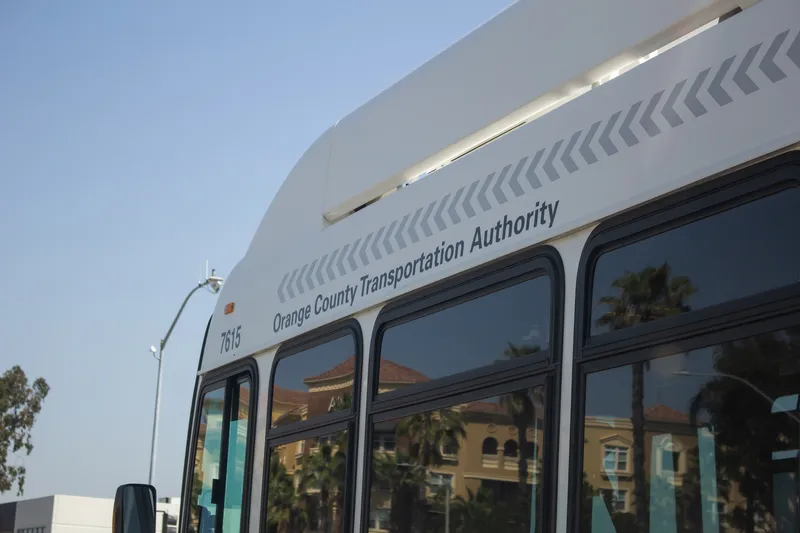Global Traffic Technologies Canada is to implement its Opticom traffic pre-emption solution at five of the busiest intersections in the town of Oakville, Ontario. Opticom works alongside intersection controllers to help ensure emergency vehicles can move through intersections rapidly and safely. When an emergency vehicle needs to navigate an intersection, the Opticom emergency vehicle pre-emption (EVP) system on-board the emergency vehicle sends a request to the intersection’s controller ahead of its arriva
April 11, 2017
Read time: 1 min
When an emergency vehicle needs to navigate an intersection, the Opticom emergency vehicle pre-emption (EVP) system on-board the emergency vehicle sends a request to the intersection’s controller ahead of its arrival, turning the light green and clearing a path to enable the vehicle’s safe passage.










